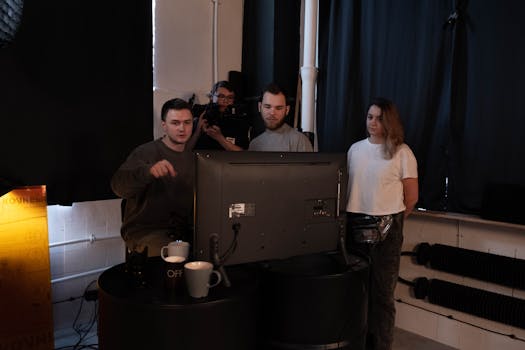You could do a college course to learn some of the practical engineering skills you'll need.
Courses include:
- engineering and manufacturing
- performing engineering operations
- mechanical engineering
Entry requirements
Entry requirements for these courses vary.




